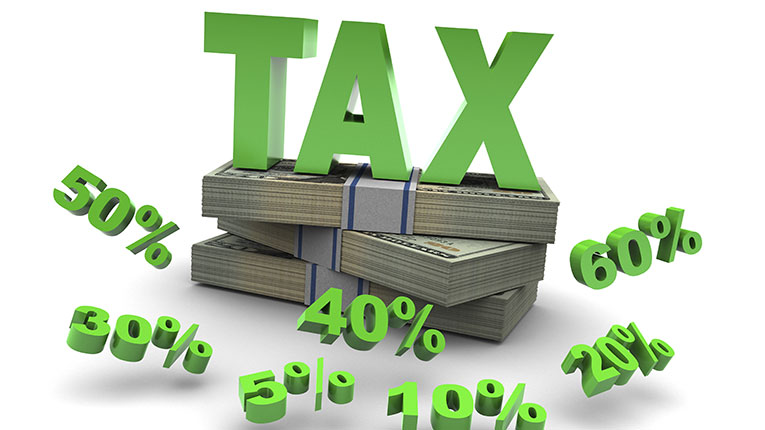The solidarity tax will affect over 40 large Romanian companies, including many energy companies such as Electrica Furnizare, Transelectrica, Tinmar, Transgaz, Termoenergetica, GSP, Hidroelectrica, CE Oltenia, Elcen, Chimcomplex, Romgaz, Nuclearelectrica, Oscar Downstream and Getica 95, shows a press release of the USR Chamber of Deputies member Cristina Prună.
According to the data analyzed by Energynomics, most of the companies concerned need, in order to make major investments, their own funds, but they often resort to financing lines with increasingly higher interest rates, in order to co- finance the projects. For example, Romgaz will invest in Neptun Deep in the following years, also via financing lines obtained after expensive tender procedures from a banking syndicate. Also through co-financing will invest CE Oltenia, which plans to build new gas units as well as large photovoltaic parks. However, there are also cases where the situation of the companies concerned is critical. For example, Termoenergetica has outstanding debts to Elcen – a company that has just emerged from insolvency – of around 800 million lei, for which the Capital City Hall has to borrow at increasingly higher interest rates: the Romanian market has become one with a higher degree of risk, and interest rates, including related to Romania’s sovereign bonds, jumped to more than 7%. Also Getica 95 recently (14.12.2022) emerged from insolvency, according to data consulted by Energynomics.
In addition, economic theory says that any subsidy and any tax increase is paid, in the end, by the consumer, by the small Romanian taxpayer. And any tax increase measure taken during the crisis is one that deepens the economic downturn and increases consumer prices: it has inflationary effects.
“You know that Marcel Ciolacu wants new taxes on Romanian companies. It tells us that the 1% tax for companies with a turnover over 100 million euros will be applied to “multinationals”.
In fact, that tax will also reach the Romanians. There are more than 40 Romanian companies, some made by Romanian entrepreneurs, which qualify for the payment of the tax, out of 354 in total,” writes Cristina Prună.
“And even if it were only multinationals, it would still be stupid because those companies have Romanian employees, they buy goods and services from Romanian SMEs. And in the end we too will pay that tax in the prices of the goods and services we buy. It’s basic economic logic.
Another tragedy is that, instead of wanting Romanian companies to enter foreign markets, the state wants to rob them of their money. Wouldn’t it be better to have new strong companies doing business in other European countries?
In addition, there are dozens of Romanian companies in the energy sector from which this money would be taken. The Oltenia Energy Complex is also on the list. Instead of wanting to create better working conditions for those people, the government comes to impose a new tax on them. It’s downright criminal!
But you know what’s even more outrageous? That the state has already additionally collected tens of billions of lei through VAT, surcharges and more, from the price increases faced by Romanians.
At the same time, the government is borrowing money like crazy. Interest costs have skyrocketed. And we will pay the debts for generations,” states the USR deputy.
At the same time, not even the liberals, which are forming the leading coalition together with the PSD, fully support the solidarity tax.
“The Liberal National Party’s position on overtaxing companies remains very clear and firm: we do not support increasing or introducing new taxes or fees that would place a burden on an economic environment that is already facing problems, stemming from a difficult global context. An increase in the taxation regime would suffocate the real economy and drive away investors, and the PNL cannot agree to such a thing,” the liberals said, in a reply letter to the PSD.
Moreover, the coalition has pledged not to introduce any new tax in 2023, nor to increase existing contributions. However, PNL claims that “the taxation of exceptional profits in the energy area is a totally different subject than that of a 1% surcharge applied to all companies.”
As all the above companies are planning major investments and any new tax will affect their financial position, it remains to be seen what will be decided in the upcoming coalition meeting.

